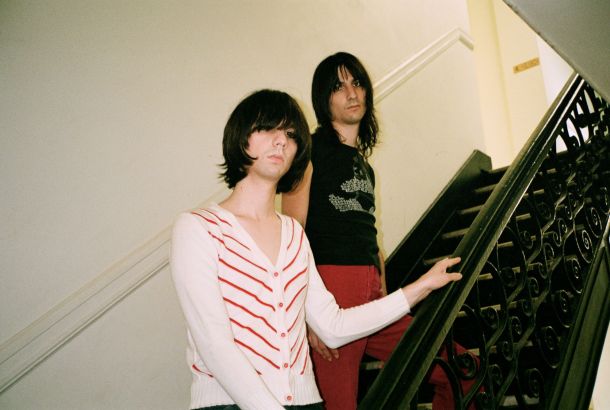My Political Hero: Walter Rodney
If the academics amongst political activists possess the theoretical bite and the orators and revolutionaries supply the bark, Walter Rodney embodied a remarkable blend of both. Unwaveringly committed to the plight of the oppressed in the politically-tumultuous post-colonial Caribbean, Rodney’s life is testament to both incredible guise and dogged spirit.
The power of Rodney’s intellect was evident from the start. From a working-class home in 1940s’ Guyana to a Ph.D awarded by the School of Oriental and African Studies in London, Rodney showcased his passion for and masterful understanding of the histories and plights of the oppressed. His most influential work, ‘How Europe Underdeveloped Africa’, came during a formative period of lecturing in Tanzania in the 1970s, notably a time at which the Eurocentric and imperial narratives which he chose to confront were much stronger than they are today; still undergoing the process of being challenged and dismantled. An incredible understanding of the mechanisms of power, coupled with the assurance to address formidable narratives of history, Rodney demonstrated the intellectual tools he would later use to challenge entire political landscapes.
However, upon entering Jamaica in 1968 to assume his first major teaching appointment at the University of the West Indies, it wasn’t just his intellectual prowess which demanded attention. He was a vocal opponent of the economic suppression suffered by the poor, non-white population at the hands of the tiny capitalist class and an active advocate of the growing Black Power movement. But it was Rodney’s dogged zeal and determination to take his message further than the confines of academic circles which really put his head above the parapet. Entering the ‘dark, dismal places with a black population who have to seek refuge there’, Rodney reached much further than his student and middle-class audiences; right into the heart of deprivation in West Kingston. The bark to his meaty academic bite, Rodney spoke at sports clubs, churches and rubbish dumps to engage and galvanise the oppressed swathes of society for whom he stood.
Dependent on a political system which divided the oppressed minorities that Rodney sought to unite, the Jamaican government were quick to recognise the threat to their survival. After only eight months in the country, Minister of Home Affairs Roy McNeill had described Rodney as the biggest security threat to the nation he had ever encountered and the University was asked to terminate his contact. After the University refused citing insufficient grounds, the government seized their opportunity when Rodney attended a black writers’ conference in Montreal and prevented him from re-entering the country. The protest and unrest that ensued was sparked by student groups (but quickly spilling over into the areas of Kingston that Rodney had sought to reach), and was a watershed moment in Jamaican history. For the first time, inspired and bound together by the Black Power narrative of Walter Rodney, the ‘Rodney Riots’ of 1968 saw the socially and economically deprived in Kingston find their voice and bring post-independence inequality to the fore.
His determination to resist and elude the full force of governments, his phenomenal capacity to perceive the mechanisms of oppression and his unwavering commitment to go out and address them made Walter Rodney a multi-faceted hero. A brilliant mind relentlessly pursuing the oppression amidst which it was awoken, Rodney constituted a constant threat to the colonial legacy of entrenched economic and racial divisions in the twentieth-century Caribbean. A hero with a bark, a hero with a bite.






